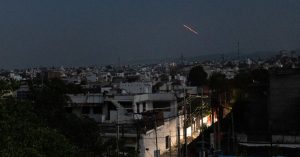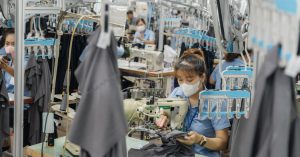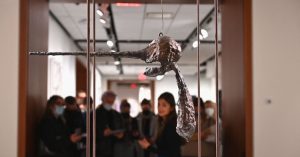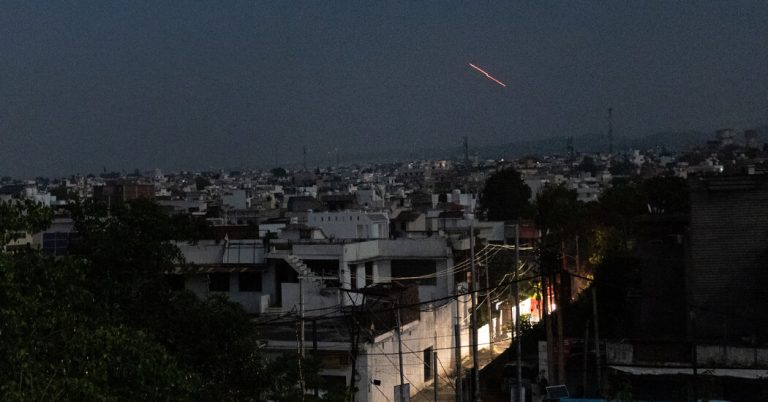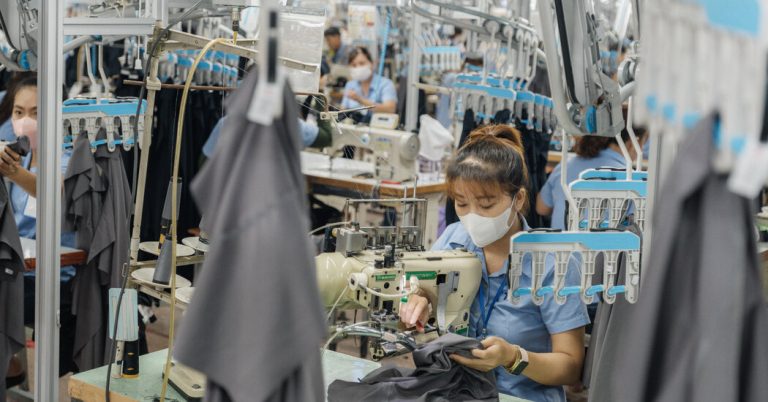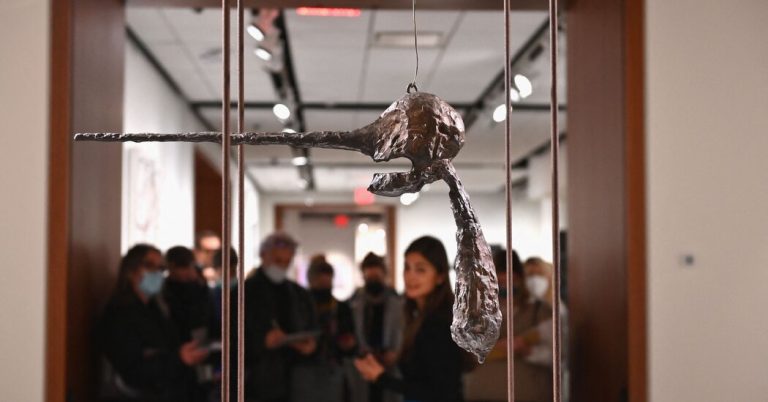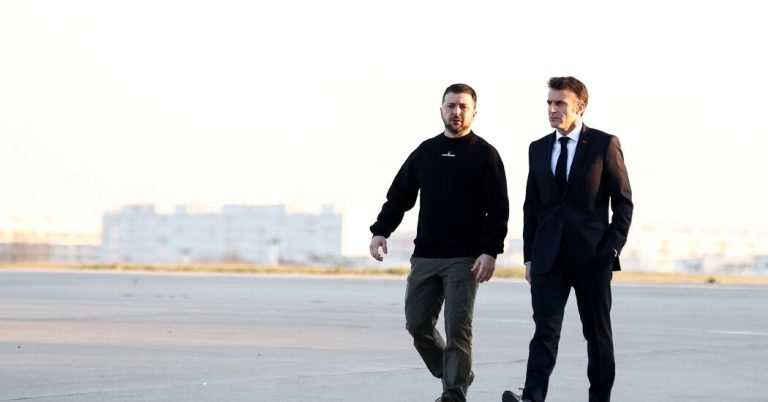Period products are now free to anyone in Scotland who needs them, nearly two years after the country’s Parliament approved a landmark piece of legislation.
The initiative makes Scotland the first country in the world to provide free sanitary products, part of a global effort to end “period poverty” — or a lack of access to tampons or sanitary pads because of prohibitively high costs.
Monica Lennon, the lawmaker who submitted the draft proposal for the Period Products Act in 2020, tweeted that Scotland might be “the first but won’t be the last” country to provide free period products.
“We are witnessing a massive culture change, where period stigma is no longer being tolerated,” Ms. Lennon said in an email to The New York Times. “There’s more emphasis on menstrual well-being and a renewed focus on tackling medical misogyny.”
Northern Ireland is considering a similar measure, and New Zealand and Seoul offer free menstrual products in schools. “It gives me hope that we won’t be the last country to put access to free period products on the statute books,” Ms. Lennon said.
Shona Robison, Scotland’s social justice secretary, echoed Ms. Lennon.
“Providing access to free period products is fundamental to equality and dignity, and removes the financial barriers to accessing them,” she said in a statement. As the cost of living is rising and many are making difficult choices, she added, “We never want anyone to be in a position where they cannot access period products.”
The 2020 legislation in Scotland came on the heels of an earlier law that provided free access to tampons and sanitary pads in schools, colleges, universities and other public buildings. Now every council in Scotland is required to consult with local communities to determine the best access point for menstrual products. In her email, Ms. Lennon said that period products would be available at libraries, swimming pools, public gyms, community buildings, town halls, pharmacies and doctors offices.
People can find the nearest location with free period products through a mobile app called PickupMyPeriod. The app allows users to filter which products are available and how to find them at the location. Home delivery is also available.
When the bill was drafted, Ms. Lennon and the bill’s other writers said they kept in mind challenges to menstruation for those experiencing poverty, homelessness, abusive relationships and health conditions.
The coronavirus pandemic only compounded those issues, according to a 2020 study by the nonprofit Plan International U.K. The group found that almost a third of girls and women age 14 to 21 had problems that year with either being able to afford or gain access to sanitary products during the first national lockdown.
In the United States, a 2021 study by George Mason University showed that 14 percent of women attending college experienced period poverty in 2020. The study found that Latina and Black women were disproportionately affected.
Seventeen states and Washington, D.C., have passed laws that require free access to period products for students, according to Alliance for Period Supplies, an advocacy group. A broader push to repeal state sales taxes applied to menstrual products like pads and cups, often called the tampon tax, has proceeded in fits and starts. Those in favor of repealing the tax argue that necessities like tampons and pads should be tax-exempt, while others argue that states need the revenue. At least 32 states have introduced measures to eliminate the tax and 13 have so far succeeded.
